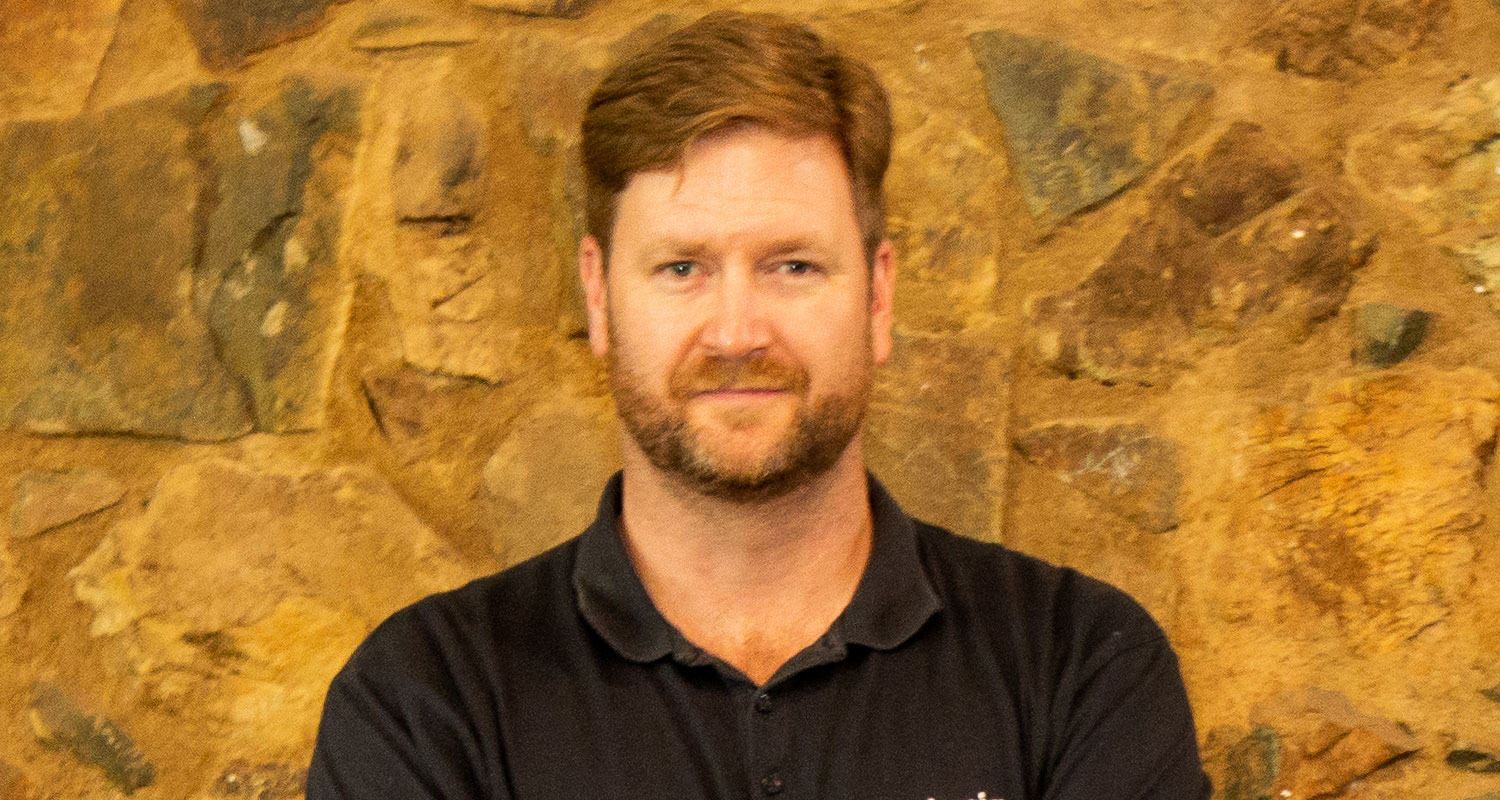
At the start of what could be a tough and uncertain year, businesses should seize the low-hanging fruit to achieve cost savings and efficiencies. For many, this means optimising their telephony.
This is according to Nic Laschinger, chief technology officer at Euphoria Telecom, who says legacy telephony systems are a drain on company budgets and do little to contribute to the bottom line.
Quick wins in a tough year
“The year ahead looks likely to be a tough one, and organisations need to move fast to eliminate environments that are more cost centre than business enabler,” Laschinger says.
“In South Africa, businesses are under extreme pressure. Many want to upscale parts of their operations, but they are concerned about increasing their costs,” he adds.
With the IMF predicting inflation and uncertainty ahead, the World Bank has warned of the possibility of a global recession in 2023, with the developing world particularly vulnerable.
Analysts expect flexibility, transformation and the future of work to remain business priorities, with organisations balancing growth with a need for caution and cost control in 2023.
“Seize uncertainty” is the theme of Gartner’s Top 10 Strategic Predictions for 2023 and Beyond. Gartner’s advice is for organisations to look to improving sustainability with automation and AI, and to balance growth through investments with cost cutting.
Laschinger says the forecasts point to a need for business tools that support a new world of work and enable flexibility, cost effectively. They also underline the importance of automating resource-intensive and costly manual tasks, and using advanced analytics to enhance efficiency and growth.
“As a line item on the expense list, telephony is traditionally a grudge purchase. But cloud-based telephony as a service is the easiest way to transition telephony into a business enabler that drives better customer service and customer experience, boosts productivity and efficiency, and saves costs,” he says. “In fact, if you approach it strategically, your telephony solution can actually make you money.”
When telephony becomes so much more
Laschinger says businesses should not make the mistake of seeing telephones as just a way for customers to reach them. “In the same way as mobile devices evolved from making and receiving calls to being indispensable connectivity tools, business telephony offers so much more than many organisations think,” he says.
Hosting the telephony system in the cloud is the first step towards making it more than just a means to make and receive calls.
Laschinger explains: “You might still have a phone on your desk, and it will function the same way for you, but the system itself will be in a data centre-hosted environment. This means you and your employees can access it from anywhere, making and receiving calls via the official company number on a landline or mobile phone. This helps organisations overcome onerous phone expense claims, as all official work calls are placed through the cloud-based PBX system. It also reduces operational costs by allowing you to have a single system and one receptionist or operations team serving multiple branches.”
Adding further value, cloud-based PBXs are easily scalable, allowing organisations to increase or decrease the number of users in line with seasonal demand.
If it’s just about making and receiving calls, telephony will remain a cost centre and not a value driver
Advanced telephony can also integrate with in-house systems such as CRM solutions, and multiple communications channels such as instant messaging and Web chat, to make the customer engagement experience simple and seamless.
“This means even small and mid-size businesses can offer contact centre-like support. They can be always-on, and understand the customer and their journey, in order to improve the customer experience,” he says.
With analytics built in, the business can understand what customers want, what staff are doing, and how the company’s budget is being spent.
Laschinger notes that by understanding caller traffic better, organisations can optimise efficiencies through automation and smarter call routing. “For example, if the admin team received 50 phone calls and 49 of them were billing queries, the organisation should start asking what is wrong with its billing. Your customers are telling you the weak points in your business, where you are wasting time and resources. With the right data on hand, you can dramatically improve productivity and cut costs.”
Laschinger says: “In 2023, CEOs and chief technology officers looking at their telephony environments need to be asking, ‘What value will it add to my business?’ – because, if it’s just about making and receiving calls, telephony will remain a cost centre and not a value driver.”
About Euphoria Telecom
Euphoria Telecom is a leading provider of an innovative, cloud-based and cost effective business telephone service that offers unprecedented control and automated operational efficiency. The solution offers any business a truly simple approach to managing communications across an increasingly decentralised and mobile workforce. Seamless integration and automation make it simple for businesses to access insights, reports and efficacy of communications.
The company has earned a reputation as a customer-centric business, decreasing customer telephony costs by up to 50% and maintaining excellent customer service. Established in 2010, the company now proudly hosts over 5 000 business customers in South Africa and continues to grow rapidly. The company was founded by George Golding, Conrad de Wet and Rafal Janik, and is managed by John Woollam and Nic Laschinger.
- This promoted content was paid for by the party concerned




